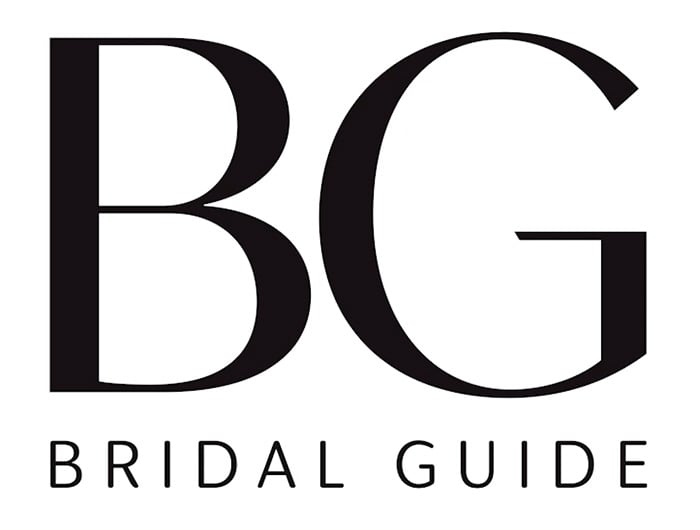Presenting both sides in the great debate between live and recorded music for your reception.
DJ Delights
|
No Regrets: • Unless you’re going with a particular reception theme (country and western or swing, for example), don’t limit yourself to a band that plays just one style of music. After all, your band will need to accommodate a variety of age groups and tastes. Bands who play weddings regularly will be especially well prepared for this; your cousin's garage band may not. • Remember that a band's rendition of a song you like is not going to sound just like the original, so if you've always dreamed of doing your first dance to a particular pop tune, you may be disappointed with the version you hear. On the other hand, a band can customize the tempo and length of a song (to some extent) so you can choreograph your dance as you choose. • Bands take up considerably more space than DJs, so that 10-piece swing band may not be an option if your reception site is tight. |
DJs used to be seen as cut-rate entertainment, but today 85% of all wedding receptions have DJs spinning the sound. The advantages: The cost is generally far lower than for a live band; the songs are performed by the original artists; and the variety of tunes available is far wider than any one band is capable of providing. On the downside, a DJ simply can't provide the drama and visual focal point of a live band.
Choosing a DJ is considerably simpler than picking a band. Assuming that a candidate's equipment and album selection meet your standards, his personality is by far the most important element to consider, so a personal interview is essential. To make sure the genteel Dr. Jekyll of the interview doesn't turn into Mr. Hyde once he's in the spotlight, ask to see a videotape of his performance at past weddings to make sure his demeanor suits your taste. Make sure he'll be dressed appropriately (have him wear formal attire if you're having a formal wedding) and will use professional equipment.
As with a band, it's unreasonable for a bride and groom to expect to dictate the DJ's entire play list. After all, part of his professional expertise is in reading the crowd and responding to its mood, and you don't want to squelch the excitement with a rigid schedule. But of course, if you have particular favorites you definitely want to hear, do give him a list in advance so he brings those disks along. (Also advise him of any songs he absolutely shouldn't play — like the song you broke up to once, or the love-it-or-hate-it Chicken Dance.) Also give him the list special dance songs, along with the exact introductions you want, complete with pronunciation guides.
Sealing the Deal
Once you think you've found the right band or DJ, it's time to hash out the details. First, be specific about the set-up time (at least an hour in advance). Then settle on the exact hours they will play, as well as how many minutes per hour will be spent on breaks. (While many bands talk about "continuous flow," most play in full for about 45 minutes. During the off time, individual musicians will take breaks while the remainder of the band plays on. Anything less than 30 minutes per hour in full is unacceptable.)
Overtime fees are important to discuss, too, since most pros do charge them. And find out if you'll be charged extra for travel time and lodging — you shouldn't be, unless the band is traveling an especially long distance. You will be charged tax, but beware if you're also asked to pay a "musician's union and administrative tax." It's just an unnecessary extra fee. Gratuities on music are optional and should not be included as a mandatory fee. And if the band or DJ requires you to pay for their meals, the menu needn't be the same as that of the guests (filling sandwiches are fine).
Finally, discuss the terms of payment. Most pros require a deposit to hold your wedding date, but policies will differ on when the balance is due. It's smart to hold a portion of the payment until the wedding ends. Also, get the refund policy in writing, just in case you have to cancel. Most bands and DJs will return your deposit if they can rebook the date or if you give plenty of notice.
Details resolved to your satisfaction? Next you need to check references carefully before committing. Be sure to ask the DJ or bandleader for the names and numbers of at least three recent clients — all wedding professionals" success depends upon their reputation, so they should be happy to provide this information.
Ask each reference for her overall opinion of the band, then probe for particulars.
- Was the bandleader or DJ available for consultation during the planning stage?
- Did they arrive on time?
- Did they remember to include all special dances and events, and to follow all other requests?
- Was the bandleader or DJ careful to pronounce names correctly?
To be extra careful, also call the Better Business Bureau to make certain the band doesn't have a file of complaints. Don't forget to check with your reception site that the band or DJ will be allowed to play there, and confirm that they have whatever insurance is required.
Finally, before you sign a contract, make certain it covers every detail of your agreement. If something is missing, write it in by hand. Be sure to write in that the DJ or bandleader you've interviewed must attend your wedding "in person." That's because sometimes there will be more than one orchestra carrying a bandleader's name, or service carrying a DJ"s. And if your contract only requires that the "Jane Smith Orchestra" attend, Jane Smith is not obligated to be at your wedding along with the rest of the musicians. Also, watch out for clauses about "in event of illness" — they're an easy out for bandleaders or DJs who are double booked. At the very least, find out who would take his place in the event he can't be there.
Don't be pressured into signing on the spot. No deal is so special that it won't still be there after you've had a chance to think it over and make sure you're comfortable with every aspect.




Comments
Ascension Groov... replied on Permalink
Hiring a band